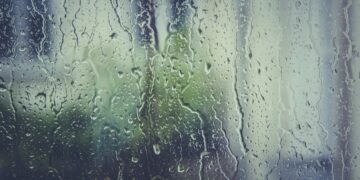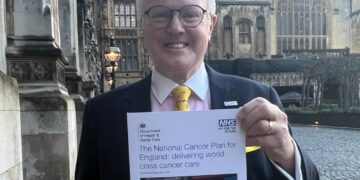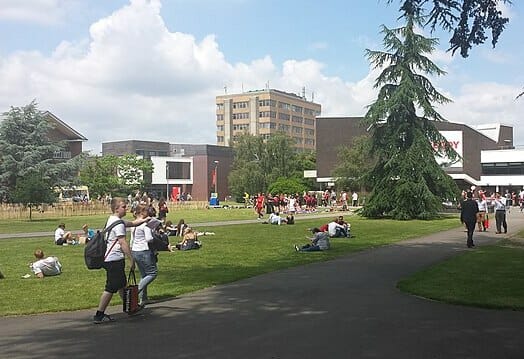THE UNIVERSITY of Reading has been ranked the country’s fourth greenest university, according to the 2022/23 People & Planet University League.
Released on Tuesday, December 6, the independent student campaigning network’s standings saw Reading jump 11 places, up from 15th last year.
The group reviews the environmental performance of 153 higher education institutions across the UK in 14 categories, awarding degree-style classifications for their overall environmental and ethical performance.
Reading achieved a ‘first class’ rating, scoring 75.8 percent, up from 69.9 percent last year.
Prof Mark Fellowes, pro-vice-chancellor (academic planning & resource), said: “We are extremely proud to achieve our goal of a top five ranking in the People & Planet University League.
“This reflects significant and sustained efforts across the university to tackle climate change and reduce our impact on the environment. This is testament to the collective work of our whole university community, and reinforces our ambitions to be one of the greenest universities in the world.”
The fourth placing also meets one of the university’s strategic targets four years early: to achieve a top five placing by 2026.
Top marks were secured in four areas, including sustainable food, sustainability staff, education for sustainable development and environmental auditing and management systems.
High scores were awarded for initiatives such as becoming the first university in Europe to join the Menus of Change Universities Research Collaborative, to provide healthy and sustainable meals on campus and its sustainability engagement platform Doing #UoRBit.
Significant improvements were made in the policy and strategy and water reduction areas, reflecting the benefits of some significant water saving initiatives delivered in partnership with Thames Water during summer 2020.
The university’s divestment from fossil fuel companies in recent years has also contributed to its impressive position in the league.
It recently announced it had halved its carbon emissions since the 2008/09 academic year, representing a significant milestone in Reading’s target to reach net zero carbon by 2030.























